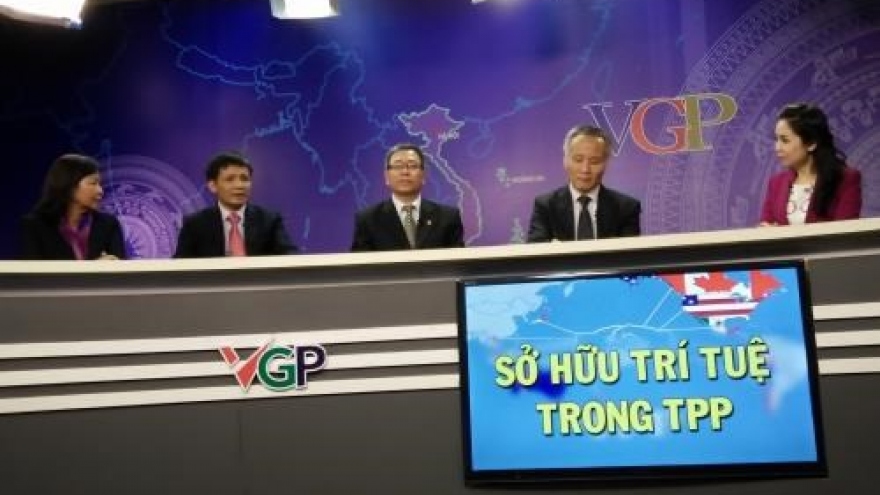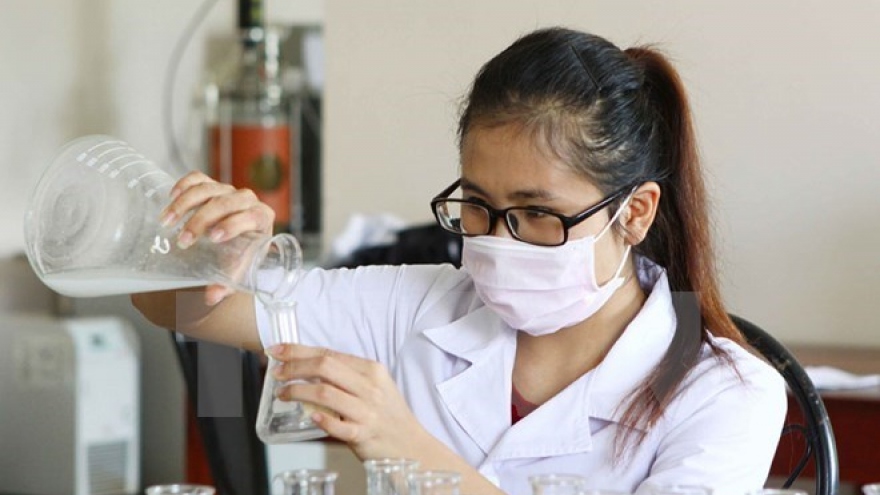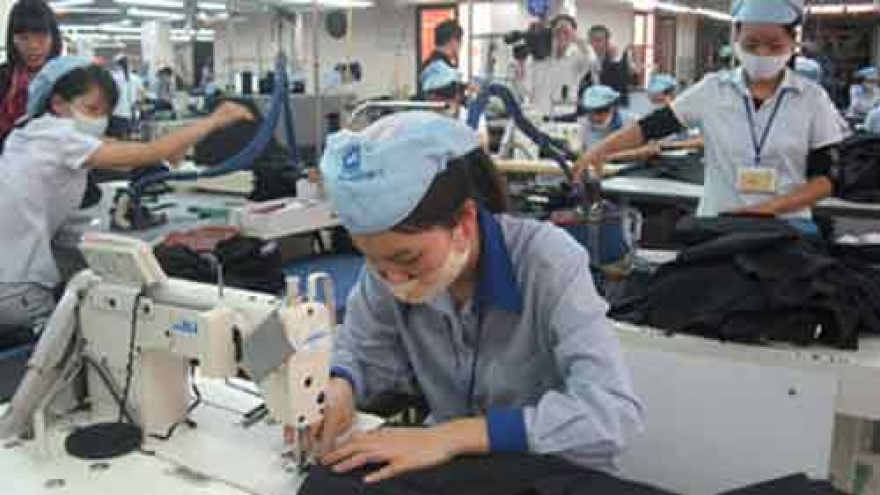Fake goods threaten EU investment in Vietnam
VOV.VN - In Vietnam, the trade of fake goods is pervasive with many market analysts estimating that the overwhelming majority of retail consumer goods sold are counterfeit and likely to have been produced in China.
 |
There is a widespread saying among the business communities in the US and EU that if a product produced in one of their economies sells in Vietnam “it probably will be illegally duplicated in China or another Asian country.”
If one purchases a Swiss Rolex watch, Italian Gucci handbag or a wide variety of American products such as Duracell batteries, Gillette razor blades, Safeguard soap, Head & Shoulders shampoo or Ensure nutritional supplements in Vietnam they are undoubtedly imitation and not the real thing.
Currently, if a foreign company suspects counterfeiting of its products in Vietnam and has evidence to prove it, the individuals involved in the operation seldom go to jail, said Le Ngoc Lam, deputy director of the Ministry of Science and Technology Intellectual Property (IP) Rights Department.
However, the country’s enforcement agencies and the courts have been actively issuing decisions with harsh civil sanctions on the infringers serving as good precedents and clear warnings on future violations.
Mr Lam said the legal system is getting tougher on IP rights violators, largely in part, because of the far-reaching implications this has for the Vietnam-EU Free Trade Agreement and foreign investment.
The trade pact, signed earlier this year, currently in the process of ratification by the signatory member countries and on tract for coming into effect in 2018, has high legal requirements on IP protection standards and enforcement measures
Many retailers from EU countries, said Mr Lam, have expressed their hesitation, if not outright refusal, to invest in the Vietnam retail sector unless and until their wares, have been extended the legal protections found in the developed world.
Factually, a number of retailers from the EU such as Metro Group based out of Germany and French mass retailer Casino Group have this year exited the country’s retail market, demonstrating the appeal of the country’s retail sector currently is weak.
A similar analysis and conclusion for EU investment in the manufacturing sector could be made, though using Vietnam as a manufacturing hub, carries with it a different risk assessment than entering its retail market.
Thus, there can be little doubt that increases in foreign investment from the EU as a result of the trade deal, will ultimately depend on the effectiveness of intellectual property protection and enforcement in Vietnam.
Mr Lam said presently in Vietnam, rights holders mainly seek administrative relief and border control measures before the Ministry of Science and Technology Inspectorate or the Vietnam Intellectual Property Research Institute as opposed to pursuing lawsuits before civil courts.
They view that an administrative route takes less time and money to prosecute compared with civil actions, taking into account the unclear legal precedents of IP disputes and lack of experienced judges.
The non-binding opinions of these administrative agencies are then included in the customs record, which effectively prevent the physical entry or exit of infringing goods at the country’s border crossings.
However, administrative decisions only result in the fine and destruction of infringing goods without compensating the rights holders for their damages or even payment of legal fees, said Mr Lam.
As a result, the country should expect to see an increase in litigation in courts in patent area over the next couple of years.
With agriculture accounting for well over 50% of the country’s economy, it should come as no big surprise that the first major patent suits took place in this area. In these cases, the courts have issued decisions in favour of the foreign agro-science companies, which set precedents for future judgments.
There are also movements afoot from various quarters to amend the criminal code criminalizing all intentional IP right infringements as harmful acts or conduct to Vietnamese society, Mr Lam concluded.



